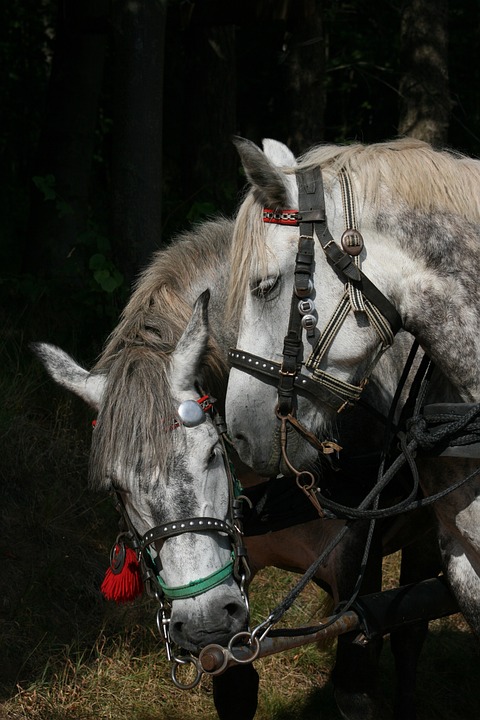Wild horses have long been a symbol of freedom and the untamed spirit of the American West. However, the reality of their existence on public lands managed by the Bureau of Land Management (BLM) is far from idyllic. With over 75,000 wild horses roaming free in the Western U.S., the BLM’s Wild Horse and Burro Program has been the subject of controversy and criticism for its management practices.
Since the 1970s, the BLM has been using helicopters to round up wild horses, a method that has been heavily criticized by animal rights advocates. The use of helicopters to herd the horses into traps has been described as detrimental to the animals‘ health and well-being. Scott Beckstead, a lecturer in animal law and advocate for animal rights, points out the irony of the BLM engaging in activities that led to the passing of the 1971 Wild Free-Roaming Horses and Burros Act.
The upcoming roundup of over 760 horses from the South Steens Herd Management Area has sparked concern among advocates like John Borowski, who witnessed the brutality of a previous roundup. Borowski, an environmental biologist and science teacher, emphasizes the inhumane treatment of the horses during these operations, with many foals at risk of not surviving.
The BLM’s management practices, including the use of helicopter drive-trapping and the contracting of companies like Cattoor Livestock Roundup, have raised further questions about the welfare of the wild horses. Beckstead highlights the high mortality rate among the horses during roundups and the controversial fate of those that survive, often ending up in slaughterhouses.
The conflict between the livestock industry and the preservation of wild horses on public lands is a central issue in the debate over the BLM’s management practices. Beckstead points out that the BLM prioritizes the interests of the livestock industry over the protection of wild horses, despite data showing that livestock grazing has a more significant impact on public lands than wild horses.
The financial incentives for corporations like JR Simplot to hold captive wild horses in off-range corrals raise concerns about the welfare of these animals and the influence of the livestock industry on BLM policies. Beckstead criticizes the BLM for perpetuating a false narrative of overpopulation to justify the roundup and removal of wild horses from public lands.
As the BLM prepares to conduct another roundup in South Steens, advocates and concerned citizens are calling for greater transparency and accountability in the management of wild horses. The ongoing debate over the fate of these iconic animals highlights the complex relationship between conservation, animal welfare, and commercial interests on public lands.





